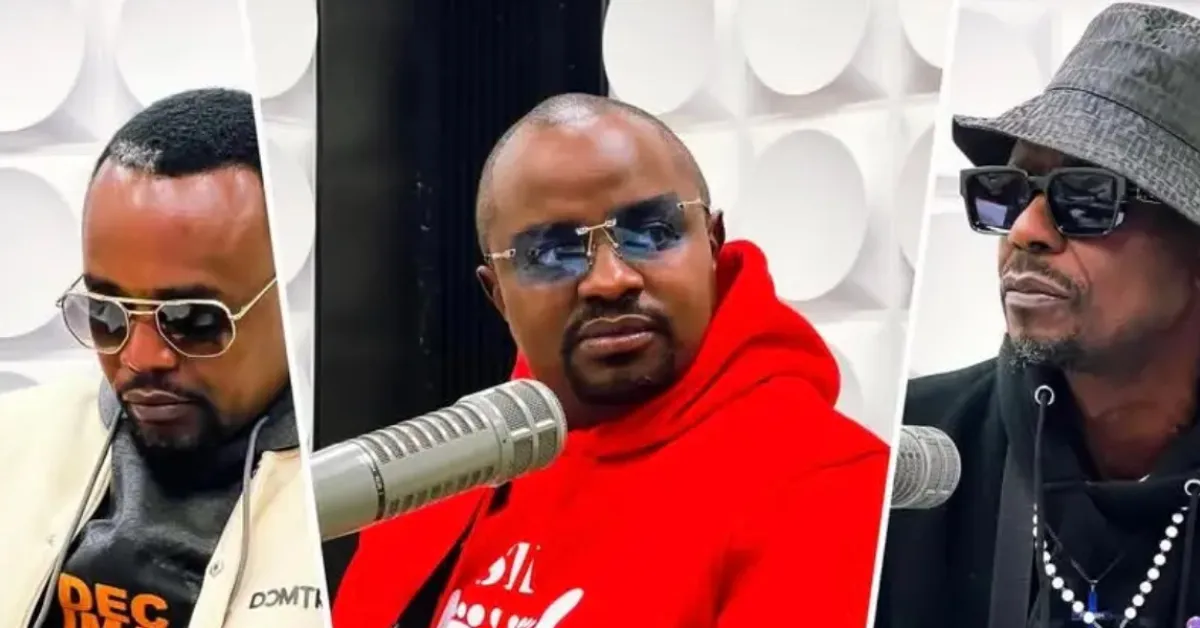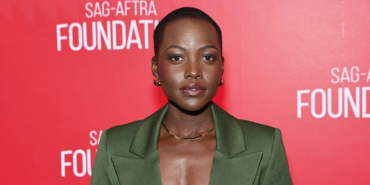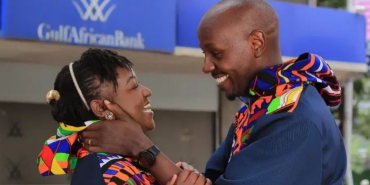P-Unit Reflects on Music Industry Missteps and Financial Lessons

Celebrated Kenyan hip-hop group P-Unit, after two decades of shaping the country's urban music landscape, is transitioning from performers to industry investors and mentors.
This shift, marked by their recent "P-Unit at 20" anniversary concert, signals a strategic pivot towards nurturing Kenya's burgeoning music ecosystem. Formed in 2005, P-Unit—comprising Francis ‘Frasha’ Amisi, Boniface ‘Bon Eye’ Kariuki, and Gabriel ‘Gabu’ Kagundu—rapidly ascended to become a dominant force in East African music. Their infectious beats and bold lyrics resonated with a generation, commanding substantial performance fees and establishing them as a bankable brand.
However, by 2015, each member began to pursue individual ventures, with Gabu exploring a solo career, Bon Eye venturing into real estate, and Frasha dabbling in politics before returning to music. The group's recent reunion for a celebratory concert at Nairobi’s Mass House, Ngong Racecourse, not only reignited fan enthusiasm but also underscored the enduring legacy of P-Unit. The concert, which generated Sh26 million in revenue, has spurred the group to formalise its ambition to invest in and develop the Kenyan music industry.
Financial Realities and Lessons Learned
Reflecting on their journey, the members of P-Unit openly acknowledge that a limited understanding of music business dynamics resulted in missed financial opportunities. Veteran music producer Eric Musyoka, who collaborated closely with the group under Decimal Records, noted that at their peak, P-Unit could earn up to Sh500,000 per concert. In contrast, contemporary artists can command fees of Sh1.8 million or more per show, reflecting the evolution of the industry and the emergence of new revenue streams such as licensing and digital streaming.
While P-Unit enjoyed substantial earnings, the group recognises that a deeper understanding of copyrights, licensing, and digital monetisation could have significantly improved their financial standing. Gabu candidly admits to prioritising luxury spending in his early years, a decision he now views through the lens of fatherhood and financial responsibility. He recalls extravagant spending on designer goods during international tours while his bandmates invested in their children's futures.
Frasha, however, frames these experiences as valuable lessons rather than outright mistakes. He emphasises the importance of investing in family, noting that he prioritised his children's education with his earnings. Beyond financial management, Frasha highlights the challenges of navigating the excesses of celebrity life. He points out that the constant availability of freebies and the temptations of fame can significantly impact an artist's lifestyle.
Frasha candidly discusses his past struggles with alcohol, a common issue among young artists facing similar pressures. Now a teetotaler, he stresses the importance of discipline and long-term planning for emerging talents. Despite the renewed enthusiasm sparked by their reunion performance, P-Unit clarifies that they are not planning a traditional musical comeback. Instead, the group is focusing on leveraging their experience to contribute to the business side of the Kenyan music industry.
Bon Eye explains that their 20-year journey has provided invaluable insights and knowledge that they now want to apply to help the industry grow and thrive. The group plans to support artists through investment, mentorship, and infrastructure development. Bon Eye stresses that while music's profitability is increasing, many corporations and investors remain hesitant to engage with the sector.
P-Unit Festival and Industry Development
One of the most ambitious projects on P-Unit's horizon is the planned P-Unit Festival and Trade Fair, inspired by successful Kenyan events like Nyashinski's Shin City and Sauti Sol's Sol Fest. The festival aims to provide a platform for emerging artists to showcase their talents while connecting with investors and industry stakeholders. Frasha emphasises that the festival will be more than just a concert; it will foster collaboration between creatives and businesses. To finance their venture, P-Unit has been actively securing funding, including loans for their anniversary concert. They are now seeking corporate partnerships to expand their vision.
Learning from Tanzania's Model
Reflecting on East Africa's music industry, the trio notes how Tanzanian artists have increasingly dominated regional performances, often securing lucrative gigs in Kenya. Frasha attributes this success to strategic investments and structured management approaches taken by Tanzanian executives. He highlights that at major award events, Tanzanian artists often arrive with their investors and management teams, actively networking and building connections.
Frasha cites the example of Diamond Platnumz attending the 2010 MTV MAMA Awards in Lagos with his manager, SK Sallam, despite not being nominated. While socialising with Rick Ross and other musicians, Diamond and Sallam focused on networking with Ross's management, leading to a collaboration that elevated Diamond's career. Frasha argues that such strategic moves are missing in Kenya's music landscape, where artists rarely receive the same level of industry backing as their Tanzanian counterparts. He believes that fostering business-minded partnerships will enhance the Kenyan industry's competitiveness.
Frasha concludes that their journey has had highs and lows, but it has been incredible. They have learned, adapted, and evolved, and now they want to give back to the industry that made them. From hip-hop icons to industry strategists, P-Unit's next chapter aims to redefine how music and business intersect in Kenya's creative economy.














Add new comment